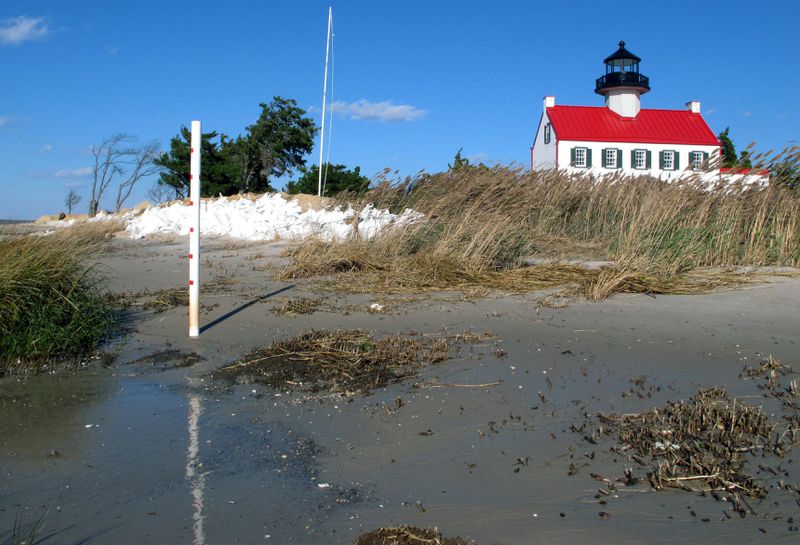
A recent study published in the peer-reviewed medical journal Annals of Internal Medicine titled “Vibrio vulnificus Infections From a Previously Nonendemic Area” just yesterday, on Tuesday, June 19, 2019, linked five cases of infection caused by the widely-branded “flesh-eating” bacteria Vibrio vulnificus to beaches in Delaware Bay, located on the East Coast of the United States.
Traditionally, research has shown, Vibrio vulnificus is limited to especially salty waters with surface temperatures higher than 55 degrees Fahrenheit. In the United States, the only waters that have supported Vibrio vulnificus populations are those along the Gulf of Mexico, such as Texas and Louisiana, particularly from May to October.
Let’s be real – nobody wants to get anywhere remotely near a body of water that is known to have exposed people to bacterial infections that eat away at their flesh. However, there have traditionally been far more than just five cases of Vibrio vulnificus infections in the United States every two years. According to the Centers for Disease Control and Prevention, people in the United States suffer roughly 205 infections of the bacteria on an annual basis, or some 410 infections every two years – not just five of them.
Although swimming in waters that are known to host the bacteria can cause infection, the most prevalent means of catching a Vibrio vulnificus infection is by consuming shellfish that hasn’t been cooked thoroughly enough. In most cases of infections caused by this flesh-eating bacteria, shellfish are to blame.
The Centers for Disease Control and Prevention have, in fact, linked cases of Vibrio vulnificus infection to the East Coast in the past, though such infections are very rare. Researchers believe that the reason why instances of this ailment stemming from the Delaware Bay and surrounding areas is because of climate change, which has resulted in warmer oceans, among many other things.
According to Cooper University Health Care’s very own infectious disease specialist Katherine Doktor, Cooper University Hospital, which is located in Camden, New Jersey, had treated all of the five patients mentioned in the aforementioned study. Doktor further stated that, in the eight years before the two-year stint that saw five Vibrio vulnificus infections throughout the Delaware Bay, only one acute such case had been treated by Cooper University Hospital.














Leave a Reply
Be the First to Comment!
You must be logged in to post a comment.
You must be logged in to post a comment.